By Dawn Donovan, LEED AP BD+C
Moana Nursery Planning & Design
A typical suburban household uses at least 30% of their water for outdoor irrigation. In many cases, at least 40% of that water is wasted due to evaporation or runoff caused by over watering. Fortunately, there are many ways to reduce water waste.
Start with your irrigation controller. If you have a standard controller in your garage you should be able to adjust the watering schedule. It will have multiple zones that it waters throughout the week. Zones are typically separated by turf grass, trees and shrubs, and perennials/annuals.
Each zone will have different water needs depending on sun or shade exposure, soil type, and type of plant material that is being watered. Make sure your controller’s clock is set appropriately.
You can adapt your watering schedule to our changing seasons by altering your irrigation controller’s watering schedule to conform to the current weather conditions. This can be done manually or by upgrading your current irrigation controller to incorporate ‘smart’ technology. These controllers collect weather data and adjust your irrigation schedule for you.
A common place in our yards to lose water efficiency is on turf. To correct any water loss from your turf irrigation first inspect your sprinkler heads. They often need to be adjusted to ensure spray is maximized on your lawn area and not being directed towards obstructions or hardscape areas. Also check for clogged heads & leaks. Many lawns are placed on a slope which can be difficult to water as any excess will run down the slope and drain out to the city sewer. It’s important to watch your lawn and time your sprinklers and notice at what point the water begins to run out of the yard and on to the street. Once you’ve established the time, you can set your irrigation controller to make sure you won’t lose water to runoff.
Nevada’s windy weather is another concern when watering our lawns. It doesn’t take much wind to blow the small droplets from our sprinkler heads away from the grass and onto surrounding pavement or planter beds. The wind can be strong enough to blow the irrigation water away from your lawn leaving dry spots that can become a maintenance problem as the season progresses. Watering early in the morning can help avoid this situation. It’s best to set your timer to water the grass in multiple short cycles in the morning allowing water to soak deep into the soil, preventing evaporation from the days heat, and missing the winds that commonly occur through our afternoons.
Most of our plant material is watered through drip irrigation. This method is efficient and does best if set up to provide a deep watering to plants one or two times per watering day. Turn your irrigation system on then walk around and observe your system to make sure all your plants are receiving water. Note how long your system needs to run before the plant wells begin to overfill with water. Use your findings to adjust the timer on your controller for efficient, cost effective watering. Drip irrigation will not be impacted by the wind like our turf sprinkler systems but can have high rates of evaporation if done during the heat of the day.
Water your plants in the morning and watch their progress; most plants will thrive with a schedule like this. If your trees, shrubs, and perennials begin to wilt, consider, giving them a little water in the late afternoon or early evening to avoid damage and keep them healthy.
Remember that in the Reno/Sparks area we follow the Truckee Meadows Water Authority (TMWA) watering schedule. To get the most of our water and watering
days, water your plants only when needed. Saturate the root zones and, let the soil dry. Watering too much and too often can cause many problems including shallow roots, weed growth, disease and fungus.
When we receive rain, turn your irrigation off for the day and let Mother Nature do the work for you. Some irrigation systems have a rain delay that can be turned on easily by pushing a button on a day it is predicated to rain.
Most irrigation controllers come with a manual which explains how to set up and schedule the timer for your yard. You can also use your local expert to turn your irrigation on and assist with setting up your watering schedules. You can also hire a certified irrigation professional to conduct an audit and uniformity test to make sure your yard is being watered evenly. This can be especially helpful if you have areas that are being under watered or developing brown spots. Call Moana Nursery – 775-825-0602 x 134 — to schedule an irrigation system assessment.
